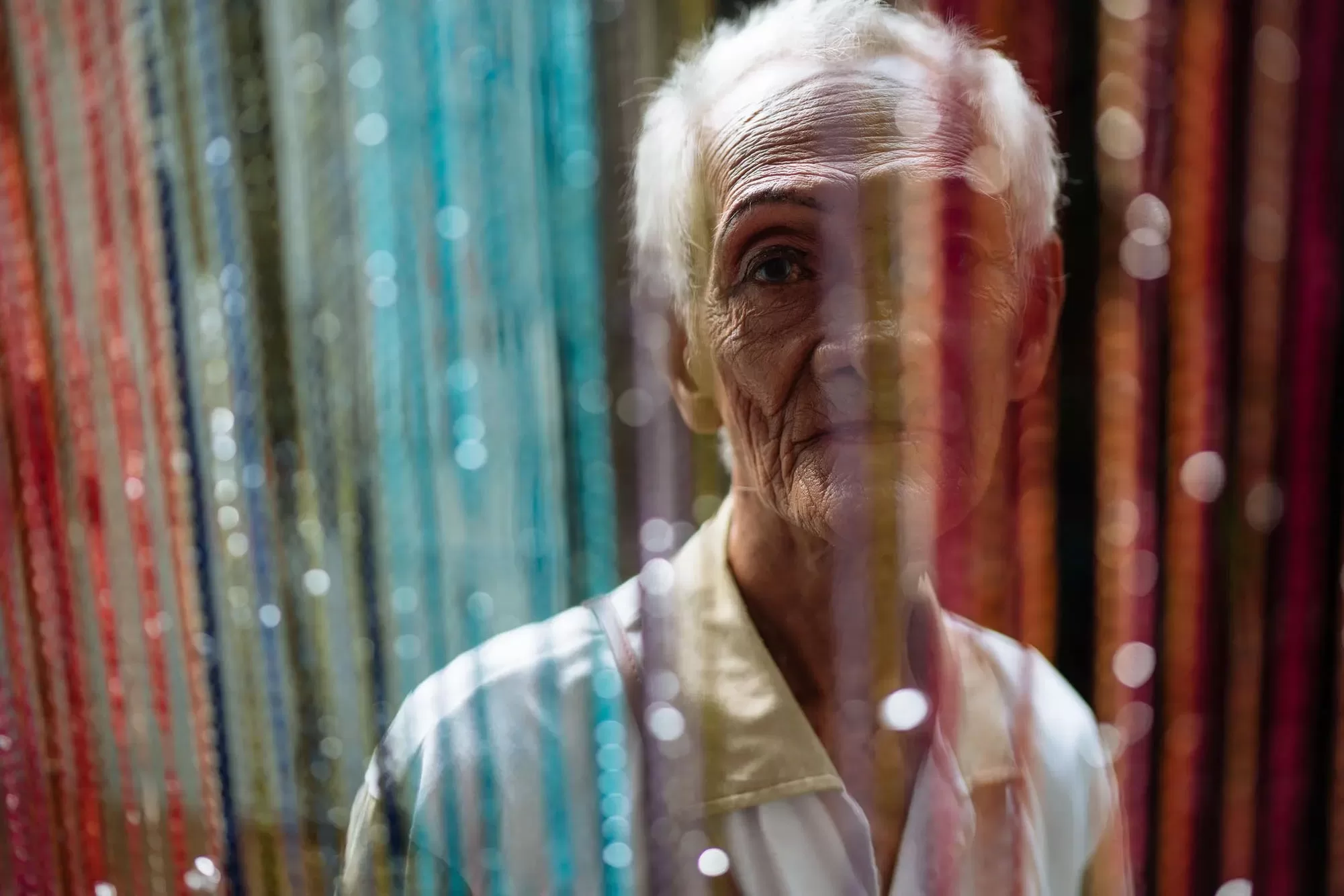How we express ourselves and the mediums we choose is an intensely intimate process. Artists, writers, dancers, actors and musicians think very hard about what they wish to convey and how they wish to convey it.
Creativity and freedom of expression go hand in hand. To curtail one imperils the other. Creativity that is confined is censorship and when freedom of expression is under threat, self-censorship in art and culture becomes more prevalent.
All of us who value our voices and our freedoms have a duty to promote and protect creativity and ensure that everyone can tell their stories – however challenging they may be – in whatever medium they choose.
We expect these challenging but universal rights to be upheld in every nation – and especially those that claim to share our democratic values. And you would have thought they would be a given within the European Union member states. Yet, it seems all too often we are likely to be disappointed.
Victor Orbán’s government of Hungary is a case in point. A member of the European Union, Hungary is seemingly on a path leading further away from the democratic norms we all hold dear and venturing off to the dark recesses of oppression.
This week, the target of Hungary’s increasing authoritarianism is the World Press Photo exhibition and specifically the work of Hannah Reyes Morales.
Reyes Morales is a widely respected artist who uses her art and her skill to tell the story of LGBTQI+ life in the Philippines based on her own lived experience. She explores the joy, the optimism, the heartache and the sorrow that modern life brings to everyone.
Her artwork is a canvas in which her representation of emotion is weaved delicately against her own experiences. It is a celebration of what it is to be human and a stark reminder of the fragility of what we all hold dear.
So, a celebrated artist of international standing showcasing her work in a European Country. That’s all good then, yes?
Apparently not.
Orbán’s government not only sought to censor the World Press Photo exhibition – they sought to ban any and all works which featured LGBTQI+ works.
The head of Hungary’s National Museum, Laszlo Simon, has now also been sacked for his curation of the exhibition. He is accused of providing access to material to under 18s which ‘promotes’ homosexuality under the controversial Hungarian law that bans the “display and promotion of homosexuality” in materials accessible to children, such as books and films.
While the head of the museum is clear that no laws were intentionally broken, the compliance with the rule is not the issue. It is the law itself which is an affront to freedoms. And the fact that for the first time on European soil the World Press Photo exhibition has been censored.
LGBTQI+ rights in Hungary are under attack and those who speak out are ostracised. Artistic freedom is under attack and those that challenge it do so at the fear of losing their jobs.
This is yet another attempt by the repressive regime of Viktor Orbán to erase minority voices, silence campaigns and censor anything that does not fit into his narrow world view.
The European Commission chief Ursula von der Leyen has already called Orbán’s legislation a ‘disgrace’. Human rights organisations around the world have marked Hungary’s lurch to the populist right as a defining moment in European history and should pose the question to other EU members about the sort of leaders they want in their club.
But it also exposes the ease with which authoritarianism and censorship can spread. Curtailing creativity today will lead to greater censorship tomorrow.
Index on Censorship continues to – and always will – share the stories of those silenced by Orbán. And we stand with Simon and Reyes-Morales as they try to make sure that all voices are heard and celebrated.






